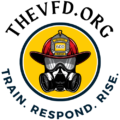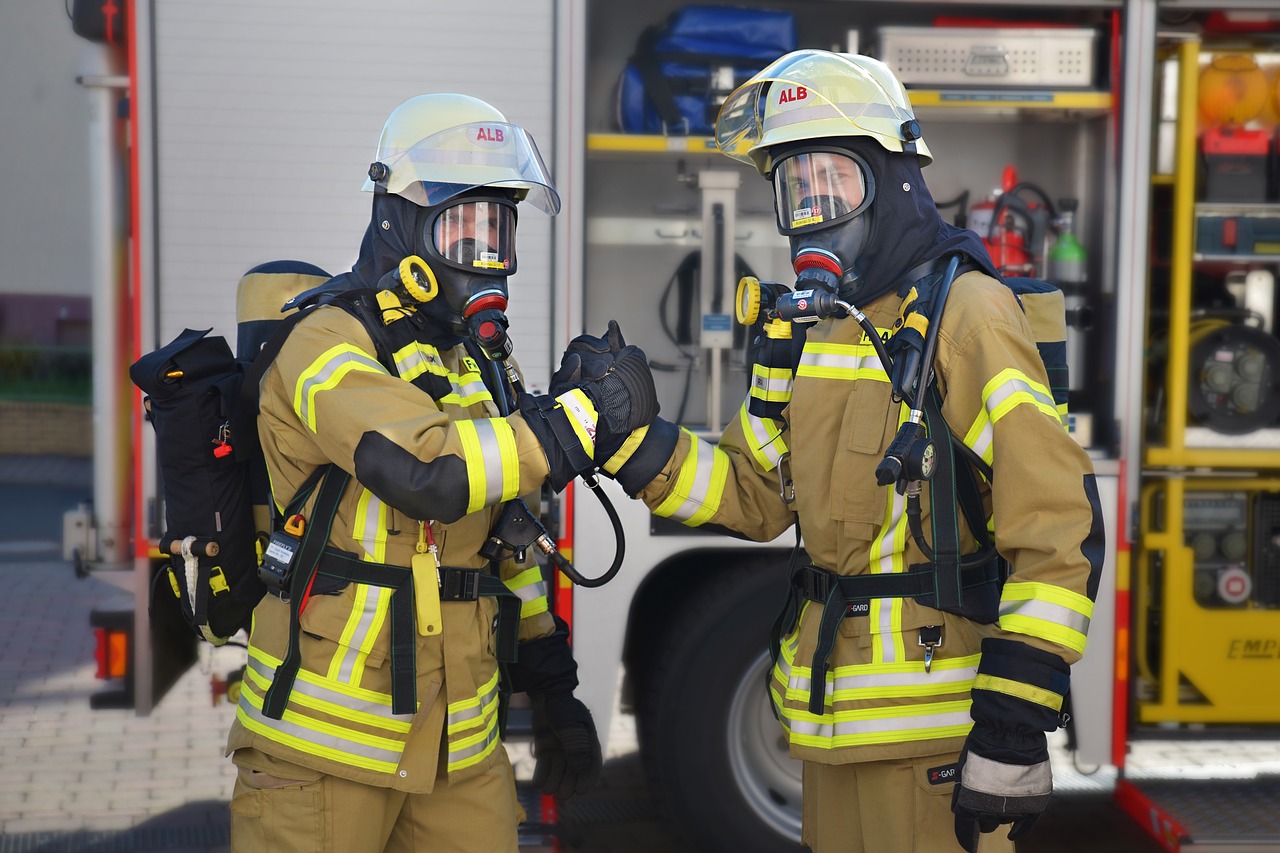Many volunteer fire departments face unique ethical dilemmas in their line of duty, making it crucial for members to have proper training in ethical decision-making. Upholding high ethical standards not only ensures the trust and confidence of the community they serve but also plays a key role in maintaining the reputation and integrity of the department. In this blog post, we will discuss the significance of ethical decision-making training for volunteer firefighters and how it can positively impact their operations and relationships within the community.
Key Takeaways:
- Ethical decision-making training is necessary: Providing training on ethical decision-making helps volunteers understand the importance of ethical behavior, ensuring they uphold the values of the department and maintain public trust.
- Training promotes accountability: By educating volunteers on ethical guidelines and decision-making processes, the department fosters a culture of accountability, where members take responsibility for their actions and choices.
- Enhances professionalism: Ethical decision-making training enhances the professionalism of the volunteer fire department, ensuring that members act with integrity, respect, and honesty in all situations, both on and off duty.
Understanding Ethical Decision-Making
Definition and Components
The essence of ethical decision-making lies in the ability to analyze situations through a moral lens, taking into consideration various factors such as values, principles, and implications of the choices to be made. It involves evaluating right from wrong and choosing the morally correct course of action.
Importance in Emergency Situations
Emergency situations can be chaotic, stressful, and critical, making ethical decision-making even more crucial. In the midst of high-pressure scenarios, volunteer firefighters must make split-second choices that can have life-altering consequences. Proper training in ethical decision-making equips them to navigate these situations with integrity, ensuring the well-being of both victims and rescuers.
Another crucial factor in ethical decision-making during emergencies is the establishment of trust and credibility within the community. By demonstrating consistently ethical behavior and decision-making, volunteer firefighters can garner respect and trust from those they serve, fostering a stronger and more resilient community bond.
Implementing Ethical Training Programs
Designing the Curriculum
One crucial aspect of implementing ethical decision-making training for volunteer fire departments is designing a comprehensive curriculum. The curriculum should include modules that cover ethical theories, case studies, role-playing scenarios, and discussions on real-life ethical dilemmas that firefighters may face. It’s vital to tailor the curriculum to the specific needs and situations that volunteer firefighters encounter in their line of duty.
Overcoming Common Challenges
Common challenges that may arise when implementing ethical training programs include resistance to change, lack of time and resources, and skepticism about the importance of ethics training. To overcome these challenges, fire departments should engage in open communication with their volunteers, emphasize the benefits of ethical training, and provide ongoing support and encouragement throughout the training process.
Designing an effective ethical training program requires careful consideration of the unique dynamics and responsibilities of volunteer fire departments. By addressing common challenges and designing a tailored curriculum, fire departments can effectively instill a culture of ethical decision-making among their volunteers, ultimately strengthening the integrity and professionalism of the entire department.
Benefits of Ethical Decision-Making Training
Enhancing Community Trust
Training volunteers in ethical decision-making plays a crucial role in fostering trust within the community. By demonstrating a commitment to upholding moral and ethical standards, volunteer firefighters instill confidence in the community they serve. This trust is paramount in emergency situations, as residents rely on the integrity and professionalism of their local fire department.
Improving Volunteer Performance
One of the key benefits of ethical decision-making training is its positive impact on volunteer performance. When volunteers are equipped with the tools to make sound and ethical decisions, they are better prepared to handle challenging situations effectively. This training not only improves individual performance but also enhances overall team coordination and effectiveness during emergencies.
Benefits of ethical decision-making training extend beyond just moral considerations. It also helps volunteers develop critical thinking skills, strengthen communication abilities, and boost overall morale within the fire department. By investing in ethical decision-making training, volunteer fire departments can build a more cohesive and proficient team, ultimately leading to better outcomes for both responders and the communities they serve.
Maintaining Ethical Standards
Continuous Education
Many volunteer fire department members may not have formal ethical training, making continuous education important to maintain ethical standards. Ethical decision-making skills need to be regularly reinforced through training programs that cover various ethical dilemmas and their solutions.
Accountability and Enforcement
Many volunteer fire departments may struggle with enforcing ethical standards due to a lack of clear accountability measures. Education on ethical guidelines and consequences for violating them is crucial. Creating a culture of accountability within the department will help ensure that members understand the importance of ethical decision-making and the repercussions of unethical behavior.
Final Words
With this in mind, ethical decision-making training is a crucial component for the effective functioning of your volunteer fire department. By instilling a strong ethical foundation in your team members, you can ensure that they are well-equipped to navigate difficult situations with integrity and professionalism. This training will not only benefit the individuals themselves but also the reputation and overall success of the department as a whole. Investing in ethical decision-making training for your volunteer fire department is a proactive step towards creating a culture of trust, respect, and accountability within your team. Recall, ethical behavior is not just a set of rules to follow but a guiding principle that will ultimately lead to better outcomes for your department and the community you serve.


